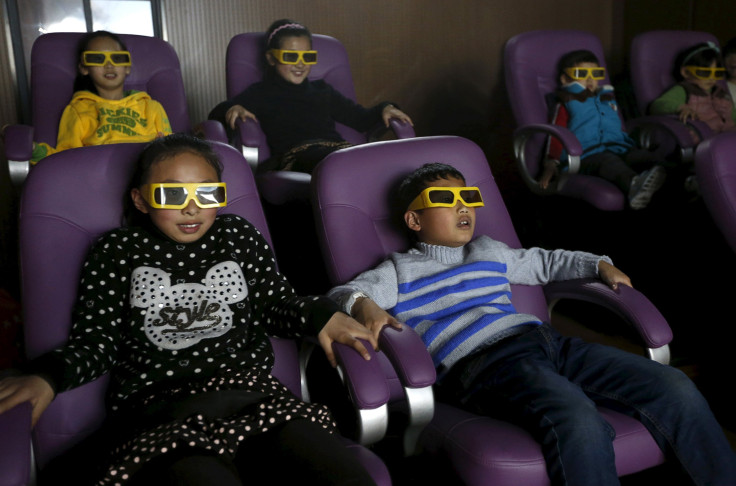Watching 3D Movies Helps Improves Brain Function

The revelation that watching films in 3D might improve the cognitive ability of the brain as compared to watching it in 2D is brought about by the neuroscientist Patrick Fagan, an associate lecturer at London’s Goldsmiths University, and Professor Brendan Walker of Thrill Laboratory, London, through their experiment. The researcher, Fagan, had been tempted to understand the effects of watching 3D movies on the brain after the movie is over, while the co-researcher, Walker, had been interested in exploring the extra value that people got while they watched a movie in 3D rather than 2D.
This curiosity got them to carry their experiment on 100 participants who were asked to watch 3D as well as standard format films at Vue’s Piccadilly cinema. Brain-monitoring headsets were provided and cognitive function test were conducted among them to analyse the effect of the movies on the grey matter of the brain.
The results obtained through the experiment conducted were startling since it was found that the participants showed 23 percent increase in the cognitive function and their reaction time also increased by 11 percent. According to the researchers, the special movie watching gives the brain a type of boost which lasts for nearly 20 minutes after the movies is over.
The possible reason behind these observations were given by Fagan as, “First of all, 3D films are more exciting. They get people aroused. From an evolutionary perspective it’s the same as if a tiger jumps out at you; that too makes you aroused, as you have to think very quickly about whether you should run or fight. In such an excited state, your brain gets a boost. A second factor is positive emotions. When someone is happy they’re more relaxed and think faster.” Fagan is of opinion that although the 3D movie watching gave the brain a boost of just 20 minutes, regular exposure to it could function in much the same way as brain-training games, which might ultimately deliver an impact way beyond a mere 20 minutes boost.
He further added, “These findings are more significant than you might think. It is a fact that people are living longer and there is a noticeable decline in cognitive brain function in old age which can impair future quality of life. There has never been a better time to look at ways to improve brain function. The initial results of this study indicate that 3D films may potentially play a role in slowing this decline.”
To contact the writer, email:ruchira.dhoke@gmail.com






